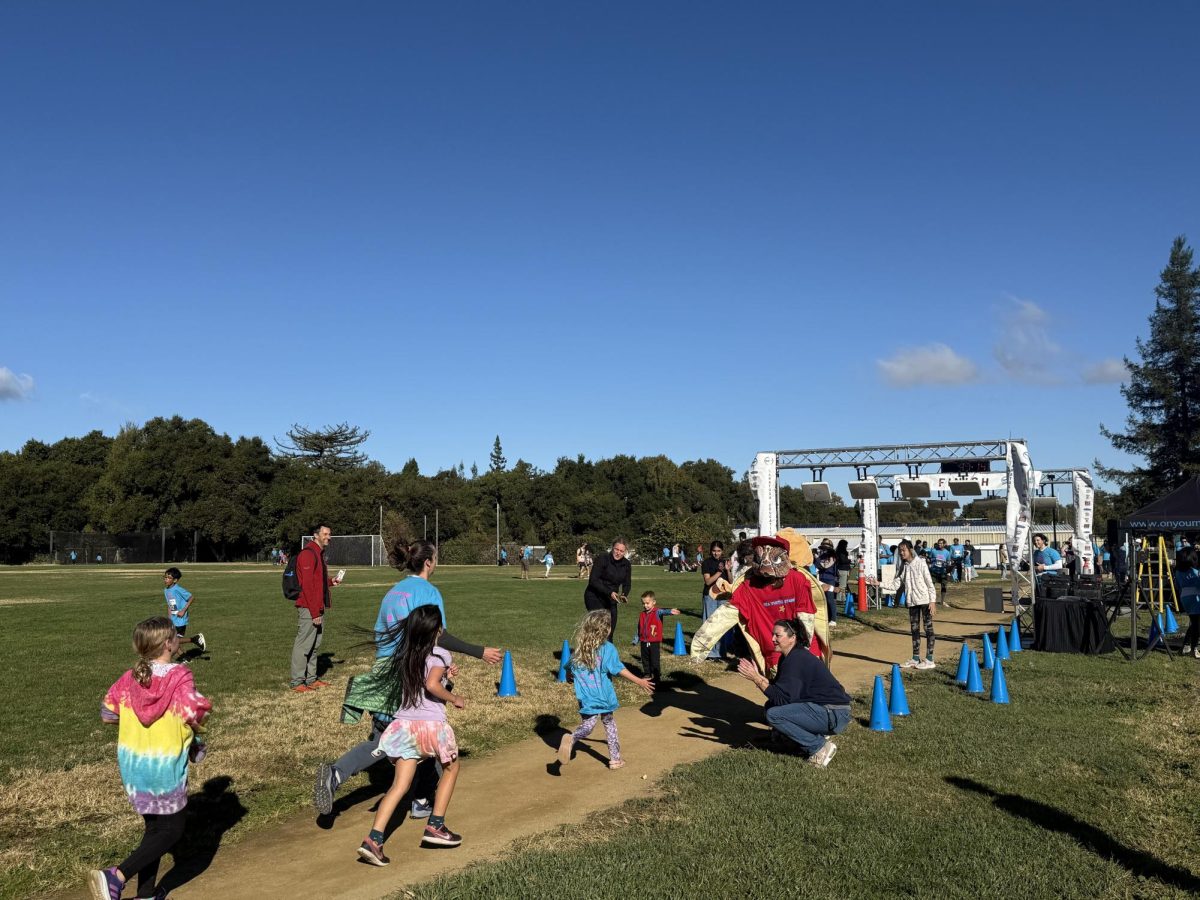Junior Alan Lu has been an inventor and innovator as long as he can remember, tinkering with air guns, phone parts and even a backyard roller coaster.
Until a couple months ago, however, none of Lu’s designs were used by any more than a couple of close friends and family members. But this all changed when Lu came up with the idea of a foldable longboard — a creation that raised more than $50,000 in the last month through a Kickstarter campaign prior to its market debut early next year.
In the beginning, Lu said he wasn’t trying to make a foldable longboard, but rather an electric skateboard. After watching famous YouTube stars such as Casey Neistat ride electric longboards on a daily basis, Lu said he wanted one for himself, but its hefty price tag of more than $1,000 was far beyond his price range.
After building a prototype, he realized that it was too heavy and unportable, which sparked the idea to create a foldable longboard.
“I wanted to be able to fit my electric board into my backpack or a locker, but it was just way too big,” Lu said. “At that point, I realized that if the board could just be cut in half, it would be much more convenient.”
Lu pitched his idea to his father Bin Lu, previously a vice president at Spreadtrum but currently a self-made entrepreneur, and together they drafted a blueprint for the design in the next few hours. They then headed to Big 5 right away to pick up a cheap longboard and metal pieces, welding them all together at home to create the first foldable longboard.
“The board is really great and portable,” Lu said. “I’ve been riding my own foldable board for the past year and a half.”
As he rode his custom board to school almost every day, Lu was asked hundreds of questions about where it came from, and how they can get one for themselves. It was then that Lu realized that there was large demand for this type of longboard.
Once again going to his father, Lu began the slow process of transforming the prototype board, originally made just for himself, into a consumer product.
Lu and his father successfully applied and received a patent for the design.
Because it is still a version one product, Lu believes that there are still minor flaws with the design that they are looking to fix, perhaps in the second version of the board.
One problem is that the board itself doesn’t look very fancy. The design is pretty simple and bland and there aren’t customization options. It also doesn’t snap completely flat, so there are a couple of millimeters of wobble he would like to eliminate.
For the past year, Lu and his father have been actively contacting manufacturers and working on establishing a brand identity for their new company. After contemplating many names for the product such as Fold N Go and Compact Boards, they finally agreed upon the name Board Up.
Board Up recently went up on Kickstarter, a popular crowdfunding website in which people can help fund new projects and receive rewards in turn. In Board Up’s case, the new company is offering early-bird packages (essentially pre-orders) for backers who support the project with at least $159, $60 less than its to-be standard retail price in February, when the product is released to the public via their Kickstarter website.
Their Kickstarter campaign was an immediate success, skyrocketing to the top of the site’s product design category within its first few days of release. Lu and his father’s goal, raising $15,000 in order to begin manufacturing the product was met within the first five days.
Halfway through the campaign, over 350 percent of the product’s original goal was raised.
“I’m actually really surprised about the success of the campaign,” Lu said. “I knew that we built a really cool and versatile board, but I didn’t expect that many people to be so interested in it.”
In addition to Board Up’s growing popularity on Kickstarter, the company has also sent pre-release units of the board to the YouTube channel Braille Skateboarding, which has almost 2.5 million subscribers. The channel created a video demonstration and review of the board, gathering around 700,000 views.
With the money raised from the Kickstarter campaign, Lu and his father plan to put the boards into mass production in China and are hoping to begin shipping all the boards to those who purchased the early-bird package in January.
“I really feel that Board Up will revolutionize the way people travel,” Lu said. “It’s made my life so much easier in the past two years, and I can only hope for the same result for those who receive the first shipment.”





























